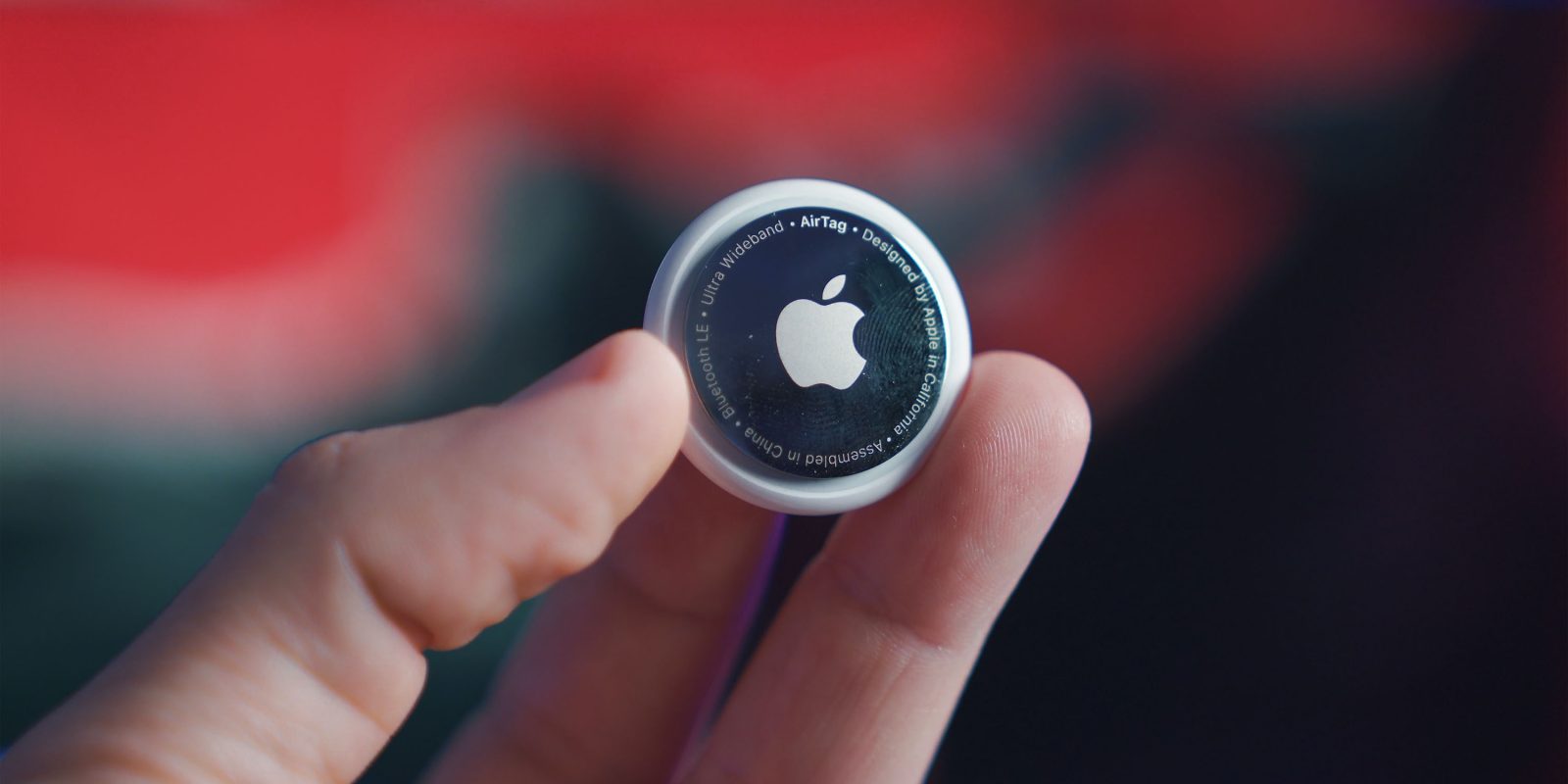
AirTag stalking concerns continue to be voiced, despite the fact that Apple’s tracker is the least suitable one on the market for anyone with malicious intent.
One campaign group is calling for all companies making Bluetooth trackers to cooperate in the development of new safety measures, and a university is conducting a study designed to assess the scale of the problem …
Background
Apple built two anti-stalking features into AirTags, First, iPhone users will be automatically alerted if an unknown AirTag is moving with them. Second, AirTags will emit a sound if they are separated from their owner for a significant amount of time. The company later created an Android app that allows owners of competing phones to manually search for AirTags.
In contrast, Samsung SmartTags offer an app that lets people manually scan for unknown trackers, but there are no proactive alert features. Tile trackers offer no protection, though the company does plan a similar app to the Samsung one, again without proactive alerts. GPS trackers offer no means at all for a stalking victim to identify their presence.
Despite all this, stalkers and thieves have been misusing AirTags. Apple recently beefed-up the protections by adding a new deterrent message and clearer alerts, but some still think more needs to be done.
AirTag stalking concerns remain
Erica Olsen, director for the National Network to End Domestic Violence’s Safety Net Project, told CNET that she wanted to get companies selling these types of products working together.
“I think that there are going to be limitations as long as the solutions remain with individual companies,” she said.
[Companies] could start by providing information to each other and to the public about how Bluetooth trackers are being exploited. Sharing findings on how their respective products are being used maliciously is critical for creating privacy protections that work equally well across all smartphones. It would ensure that all companies are operating on the same data when developing tools for preventing or mitigating abuse.
A university student has addressed one of the weaknesses of AirTag protections – the lack of background scanning on Android devices.
Alexander Heinrich, a researcher and Ph.D. student at Germany’s Technical University of Darmstadt’s Secure Mobile Networking Lab, is one of the creators behind another app for detecting AirTags, called AirGuard. The free Android app launched in September, long before Apple launched its Tracker Detect.
AirGuard offers a few features Apple doesn’t, including the ability to scan for AirTags in the background without needing to press a specific button within the app.
The university is using the app in a study designed to reveal the scale of malicious AirTag tracking.
AirGuard users can opt into the study, which would enable Heinrich and his colleagues to collect anonymized data untraceable to individuals. Information collected includes the signal strength of discovered AirTags, the number of notifications sent to the user and the dates and times pegged to those alerts.
Both steps make sense to me. But the position remains that a stalker or thief would have to be dumber than a brick to choose an AirTag as their tracker of choice.
Photo: Onur Binay/Unsplash
FTC: We use income earning auto affiliate links. More.





Comments